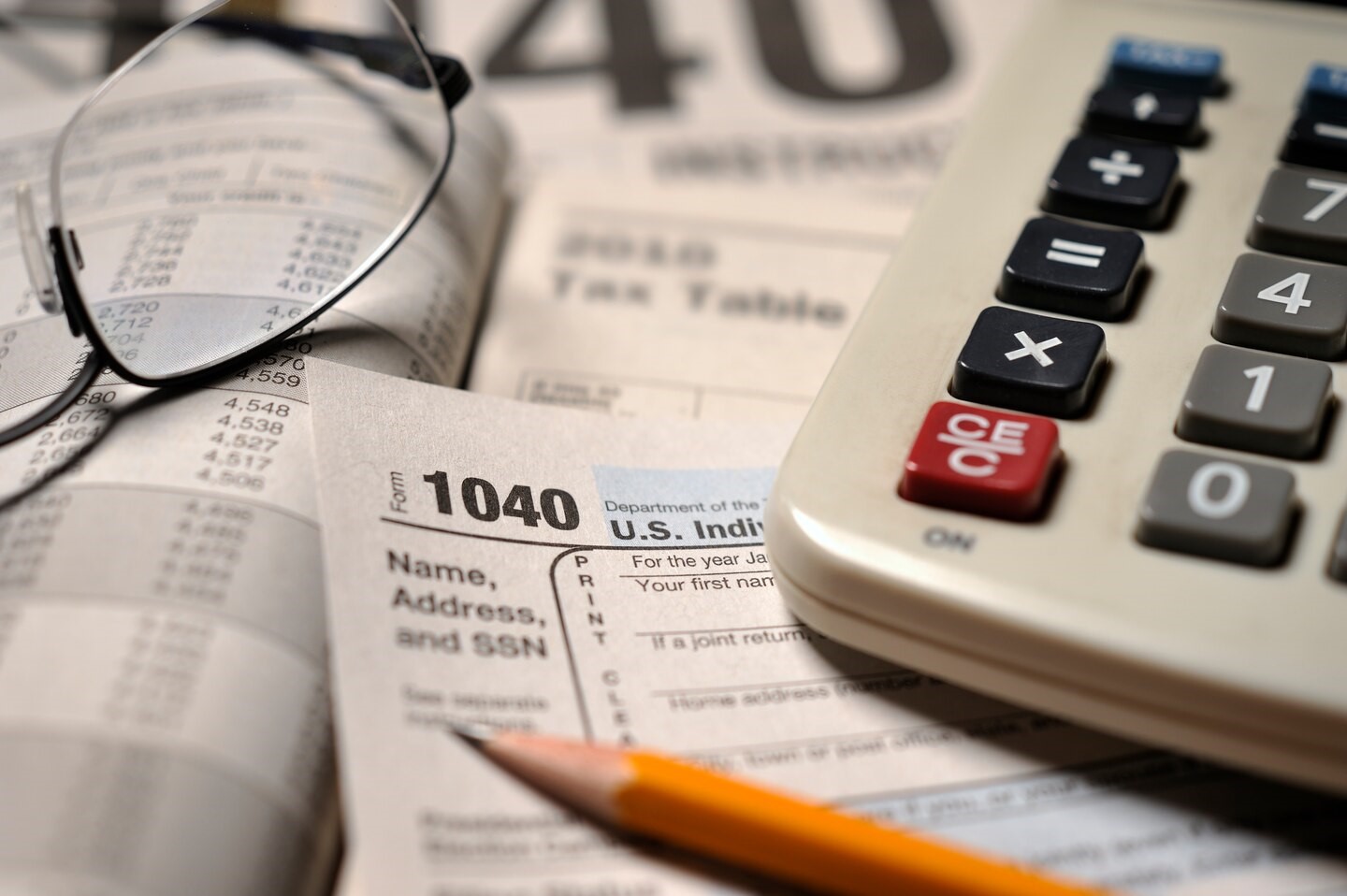A 1031 exchange allows you to defer liability for all federal capital gains and depreciation recapture taxes. (iStock)
Published in the Washington Post March 9, 2020 at 9:00 a.m. EDT
Q: I am selling a house in the District of Columbia that I bought 10 years ago, renovated and have rented out as an investment ever since. I paid $400,000 and can now sell for $800,000. I immediately renovated the kitchen and baths, which cost $100,000. At settlement, I plan on paying $48,000 in real estate commissions, $11,600 in D.C. transfer tax and an additional $10,400 in closing costs and seller credits to buyer. My pretax cash profit should be about $330,000. What are the tax implications, and what can I do to maximize my after-tax profits? — Savvy Seller
A: Congratulations on successfully investing in a rental property. When you sell your rental property, you will incur federal and state long-term capital gains and depreciation recapture taxes. You may also incur the Net Investment Income Tax, which imposes an additional 3.8 percent tax on your net investment income above certain thresholds.
Capital gain is the difference between your selling price and your adjusted tax basis. The Internal Revenue Service classifies capital gains as either short or long term. Gain on the property sales held for one year or less is considered short term and is taxed at your ordinary income tax rate. Gain on property sales held for more than one year is classified as a long-term capital gain and is taxed at rates ranging from 0 percent to 20 percent. Most homeowners will pay at the 15 percent rate.
Although you state that your pretax cash profit is $330,000, your taxable long-term capital gain is only $230,000. Taxable capital gain is calculated by taking your sales price ($800,000), minus commissions and closing costs ($70,000), minus your adjusted tax basis ($500,000). Your adjusted tax basis is your original cost plus your capital improvements. “Assuming you are in the 15 percent capital gains tax bracket, your federal capital gains tax liability would be $34,500,” said Eric J. Wexler, a Rockville, Md., tax attorney and CPA.
IRS regulations generally require that you depreciate residential rental property over 27.5 years (3.636 percent per year). Because land does not wear out, the IRS does not permit you to depreciate the purchase price attributable to the land. To calculate your depreciation deductions, we assume: your $400,000 purchase price was allocated equally between the land and the original improvements; and that the additional capital improvements were made before the home was placed into service as a rental property. As such, your property’s “depreciable base” is $300,000. Accordingly, you were able to take $10,908 annually for the 10 years it was rented, for $109,080 in total cumulative depreciation.
“This non-cash tax deduction may have reduced your annual taxes,” Wexler said. “But now that you are selling, this non-cash tax deduction must be paid back, in part, as depreciation recapture tax. So, in addition to your $34,500 in capital gains tax, you will incur $27,270 in federal depreciation recapture tax, for $61,770 in total federal tax liability.” Your pretax cash profit minus your federal tax liability results in $268,230 in after-tax profits, which will be further reduced by state capital gains and depreciation recapture taxes. “Any taxable gain may be offset by any suspended losses that you were not able to use during the life of the property,” Wexler said.
Because this is investment-only property, you are not eligible to use the $250,000 ($500,000 for a married couple) capital gains exclusion available when you sell your primary residence. IRS Pub. 544, available online at irs.gov, contains detailed instructions for calculating capital gains and depreciation recapture for residential rental property.
Because your current plan to sell investment property results in significant tax liabilities with no real tax advantages, one way to dramatically increase your after-tax profit is to consider using a 1031 exchange. This IRS code section allows you to exchange your D.C. property and reinvest your cash in another like-kind replacement investment, such as other rental real estate or a Delaware Statutory Trust.
A 1031 exchange requires you to identify your replacement property within 45 days and to close on your replacement property within 180 days of settling your D.C. property. A 1031 exchange allows you to defer liability for all federal capital gains and depreciation recapture taxes. You can sell your D.C. property and pay no federal income taxes on that gain so long as you use a qualified exchange intermediary to hold your funds and you reinvest your entire sales proceeds in a new investment property having a value equal to or greater than your D.C. property.
Harvey S. Jacobs is a real estate lawyer with Jacobs & Associates Attorneys At Law in Washington and Rockville, Md. He is an active real estate investor, landlord, settlement attorney, lender and associate real estate broker. This column is not legal advice and should not be acted upon without obtaining your own legal counsel. Contact Jacobs at 301-417-4144, Jacobs@Jacobs-Associates.com or Ask@thehouselawyer.com.

